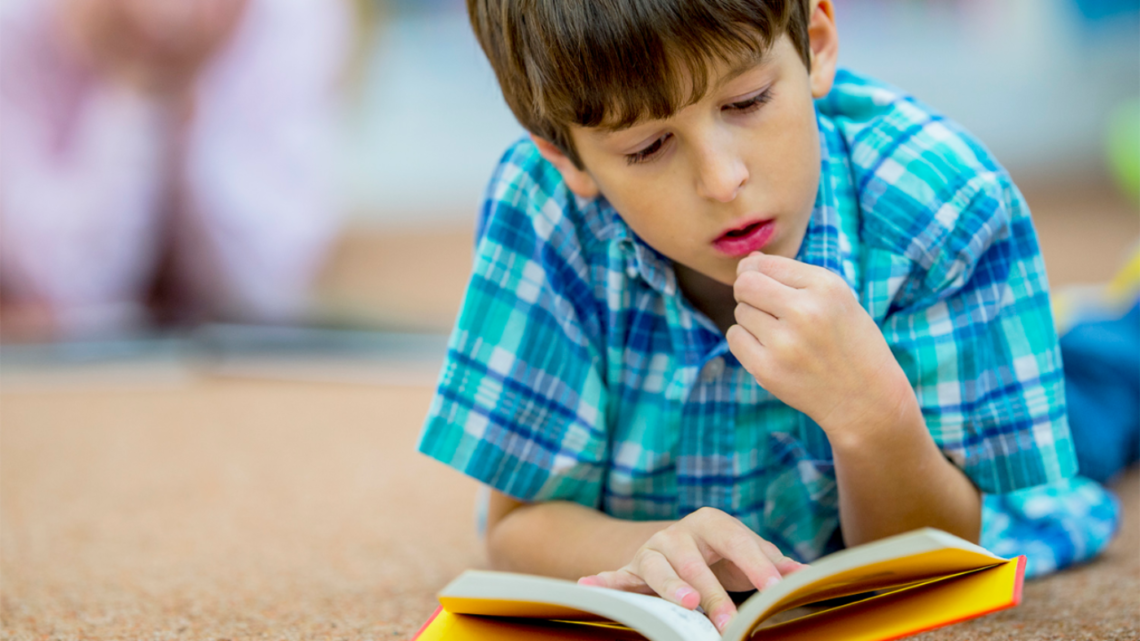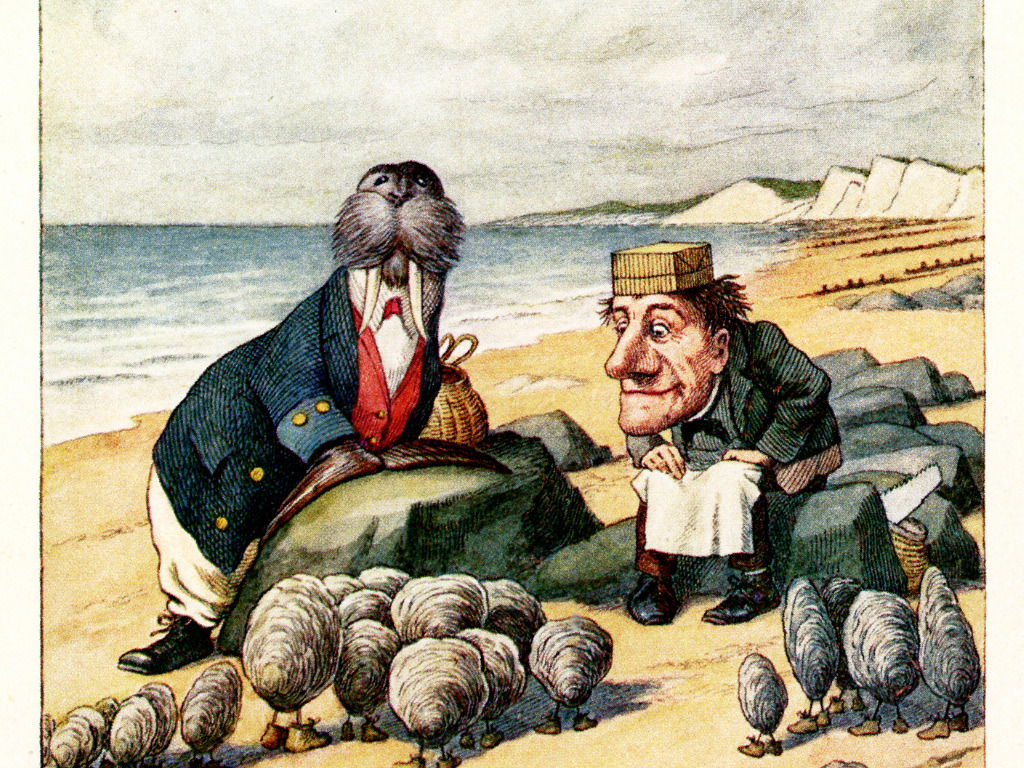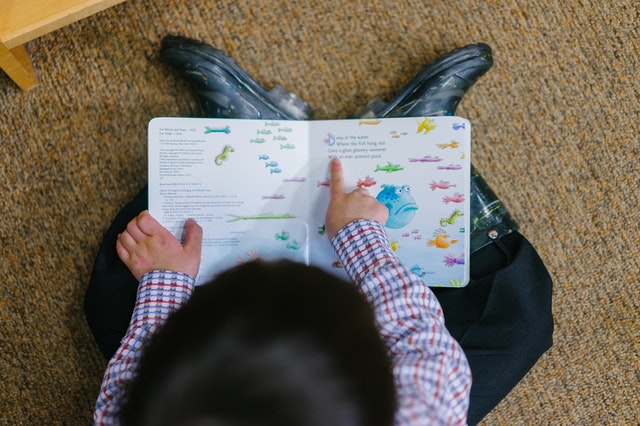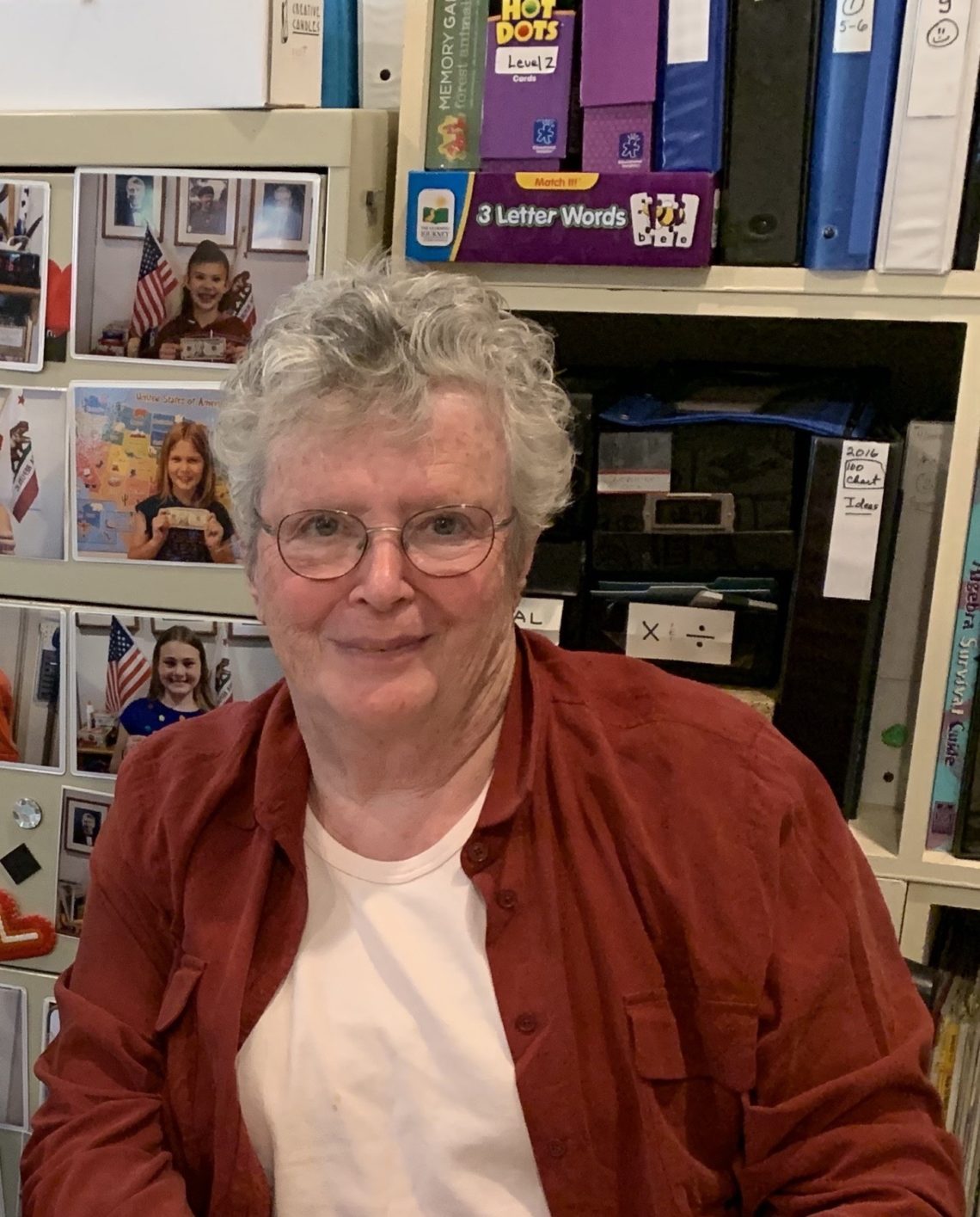There are increasingly wonderful pieces now on the web about reading instruction. Each of them possess strong and thoughtful ideas about how to teach reading down to the tiny elements that make it work. This is an enormous improvement over the previous “mysterious and magical” way that teachers thought children learned to read. “Give the child an authentic text and she/he will automatically LEARN” was a dangerous and widely believed poison that harmed almost half of our children. Now we know about all these elements that function as the critical pieces of learning to read. But most of the materials out there, while frequently citing the importance of fluency, do…
-
- Balanced Literacy, Decoding, Dyslexia, Ed School, Fluency, Learning Disabilities, NAEP, Phonemic Awareness, Phonics, Precision Teaching, Reading Instruction, Reading Wars, Science of Reading, Teacher Training, Whole Language
The Special Education Bubble
The reading world was recently rocked by an article from esteemed reporter, Emily Hanford. The longtime maven of whole language, Lucy Calkins, admitted she needed to change her Units of Study after decades of context clues, guessing at words, picture walks, and dismissing the science of reading. Of course, Calkins promptly responded with a statement that essentially tried to take credit for always being a phonics-minded practitioner (despite a great deal of evidence to the contrary). When you look at the latest NAEP data, the influence of decades of whole language-oriented instruction being the dominant pedagogy in the United States is readily apparent. According to this new data, roughly 63%…
- Common Core, Dyslexia, Ed School, Fluency, Learning Disabilities, Lucy Calkins, Reading Instruction, Science of Reading, Uncategorized
Munchausen by Special Education
I think what we have is a system that doesn’t really, at the end of the day, want students to get better and improve.
-
Orton-Gillingham Thoughts
This column has been working itself out through my brain for months now. It starts here. Some years back I assessed a 5th-grade student, Jessica, and was very impressed with her skills. She could read seemingly effortlessly to the 12th grade level, and her math skills for all basics were at a high school level as well. She was going to prepare to take a test to enter a very competitive private school. When her mom returned to talk about the assessment told her how impressed I was with Jessica’s skills. But she shocked me by saying, “Yes, she can read to the 12th grade level, but her reading comprehension is at…
- Decoding, Dyslexia, Fluency, Learning Disabilities, Lucy Calkins, Phonemic Awareness, Phonics, Precision Teaching, Reading Instruction, Reading Workshop, Science of Reading, Teacher Training, Three Cueing System, Whole Language
A Child is Not a Mollusk
In some sense, without evidence-based instruction, a child could be more like a mollusk in that they will withdraw from the learning process and build a shell to protect themselves from the emotional anguish of feeling less-than in the classroom.
-
Forget Sourdough Bread – My Pandemic Project is Precision Teaching!
Some learned to bake sourdough bread. Some took on home improvement projects. However, when it came time for me to choose a pandemic project, I decided to be a precision teacher. Unfortunately, it is not Instagram friendly, so I will simply write about it. Let me introduce myself. I am a seasoned teacher with thirteen years in the NYC public school system with licenses in French and ESL. In fact, according to the NYC ratings system devised by the infamous Charlotte Danielson, I am even considered a highly effective teacher. I have also had skin in the game long enough to watch the DOE follow many fads, particularly the fad of big data.…
- Decoding, Dyslexia, Fluency, Learning Disabilities, Phonemic Awareness, Phonics, Precision Teaching, Reading Instruction, Science of Reading, Teacher Training, Uncategorized, Whole Language
Of Fluency and Fritters
t’s been clear for a long time that something is very wrong with the way reading is taught, but if we genuinely want things to change, we need to take a hard look at what actually works—and building fluency beyond a doubt does so. We owe it to students to get this right: their success in high school and beyond depends on it.
- Decoding, Dyslexia, Fluency, Phonemic Awareness, Phonics, Reading Instruction, Sight Words, Three Cueing System, Whole Language
Tipping The Scale on Fountas & Pinnell
Fountas and Pinnell, as well as other balanced literacy programs, places a great deal of emphasis on this guided approach to reading and group work because, fundamentally, they see reading as a social activity, rather than an individual’s ability to decode text, something that happens in the confines of the brain in the reading circuit.
-
Put a Finger on It! How Finger-Tracking Can Help Improve Children’s Reading
As adults, we tend to take a lot of things about reading for granted. For example, it’s obvious to us when book cover belongs in the front vs. the back. And everyone knows that English text is read from top to bottom and from left to right. What we forget, however, is that children don’t come into the world automatically knowing these things; they have to be taught, either indirectly (from observing adults and older children read) or directly (from being taught by a caregiver or a teacher). Even if children understand these aspects of reading well before they begin school, the actual act of turning squiggles on a page…
-
The Sorceress
Elizabeth Haughton sent Jean Tucker to me. She told Jean that I could teach her to chart her student’s performance on the Standard Celeration Chart, and Jean came down to Hingham from Exeter, NH and spent a day with me learning to chart. She found it confusing and frustrating at first, but quickly got the hang of it. Jean was and continues to be the most knowledgeable and inquisitive language and reading expert I have ever met, and that meeting was the beginning of an important friendship. Jean was happy to learn to chart and went back to her learning center in Exeter and made Precision Teaching a part of…








